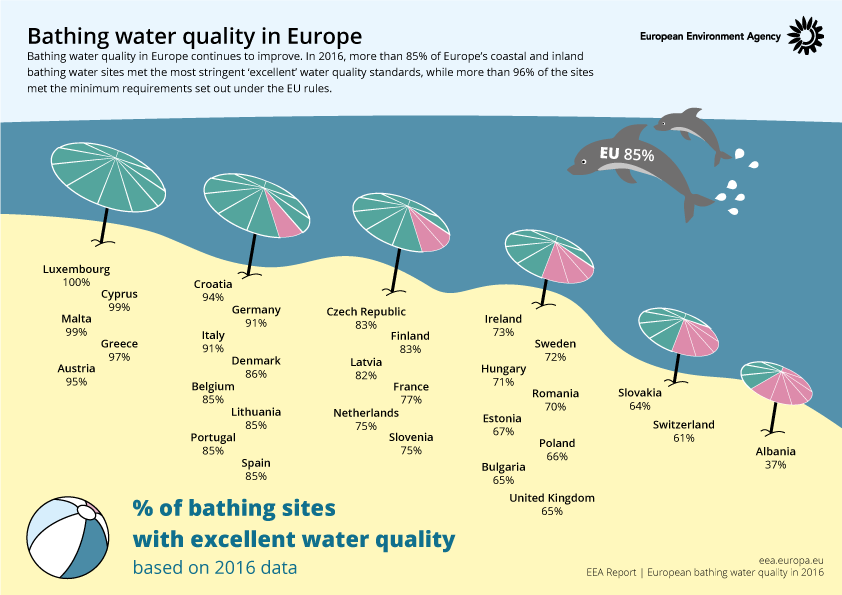Second EU Day against Impunity
Brussels, 23 May 2017
Today, hosted by the Permanent Representation of Malta to the EU in Brussels, the second EU Day against Impunity for genocide, crimes against humanity and war crimes was held, co-organised by the Maltese Presidency of the Council of the European Union, the European Commission, and the EU Network for investigation and prosecution of genocide, crimes against humanity and war crimes (the Genocide Network).
 The event’s emphasis was on stepping up collective action and cooperation within the European Union when fighting impunity. In attendance were practitioners, representatives from international criminal courts and tribunals, Member States, European institutions, international organisations and NGOs, academics and lawyers. The opening speech was delivered by the Ambassador of the Permanent Representation of Malta to the European Union, H.E. Marlene Bonnici.
The event’s emphasis was on stepping up collective action and cooperation within the European Union when fighting impunity. In attendance were practitioners, representatives from international criminal courts and tribunals, Member States, European institutions, international organisations and NGOs, academics and lawyers. The opening speech was delivered by the Ambassador of the Permanent Representation of Malta to the European Union, H.E. Marlene Bonnici.
The opening speech was delivered by the Ambassador of the Permanent Representation of Malta to the European Union, H.E. Marlene Bonnici, who said: ‘The universal respect for human rights and the rule of law must be the bedrock in the fight against impunity. At the same time, we must continue to raise international awareness of the importance of prosecuting those who commit genocide and crimes against humanity to the fullest extent possible.’
In the keynote speech of the President of Eurojust, Ms Michèle Coninsx, she said: ‘Experience shows that fighting impunity for the most heinous international crimes requires close cooperation between States to close impunity gaps and bring criminals to justice. Eurojust is proud to have been entrusted with hosting and supporting the Genocide Network since its start, back in 2004. The network has contributed to successful prosecutions of perpetrators of genocide, crimes against humanity, war crimes and torture.’
 The other keynote speech was delivered by the Commissioner for Justice, Consumers and Gender Equality, Ms Věra Jourová, who said: ‘We cannot let crimes against humanity, war crimes or genocide go unpunished. We have to put an end to impunity. The contributions by Eurojust and the Genocide Network are crucial to facilitate cooperation within the EU to better prosecute such crimes.’
The other keynote speech was delivered by the Commissioner for Justice, Consumers and Gender Equality, Ms Věra Jourová, who said: ‘We cannot let crimes against humanity, war crimes or genocide go unpunished. We have to put an end to impunity. The contributions by Eurojust and the Genocide Network are crucial to facilitate cooperation within the EU to better prosecute such crimes.’
Photo: © Maltese Presidency of the Council of the EU
